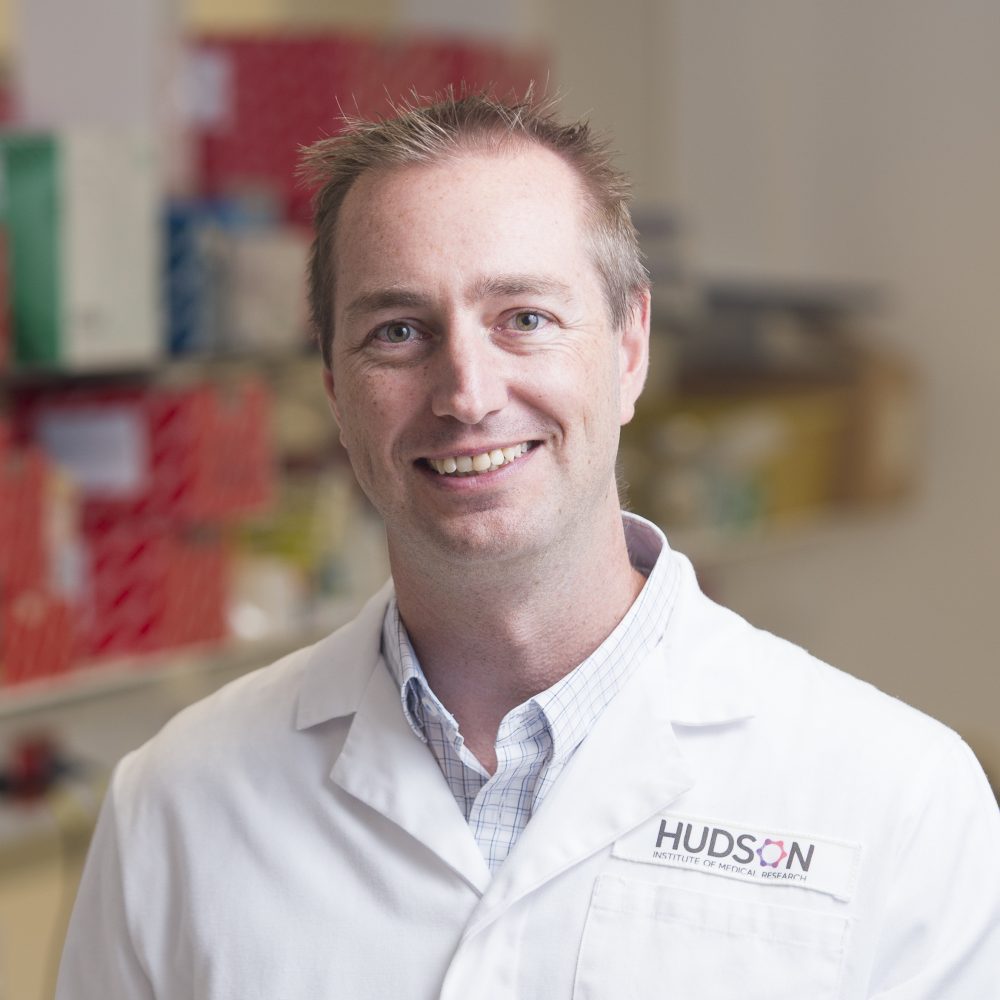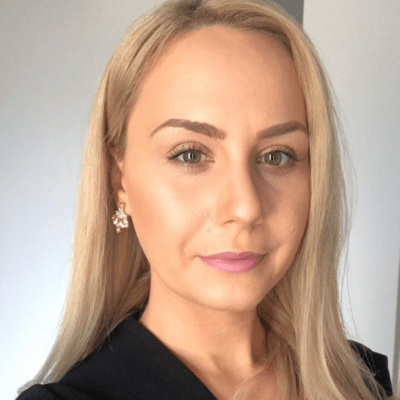Preterm birth and birth asphyxia are leading causes of newborn mortality that are responsible for one million deaths annually. The Perinatal Transition group studies the mechanisms underpinning the transition at birth with the goal of identifying and developing new treatments to reduce newborn mortality.

Professor Graeme Polglase Research Group Head
Overview
Globally, more than 6,500 infants die every day (2.4 million/year; WHO), with the vast majority (almost 50 per cent) dying on their first day of life, primarily due to prematurity or asphyxia (lack of oxygen). As the transition to newborn life at birth is arguably the greatest physiological challenge that humans experience, these statistics highlight how vulnerable babies are during this critical phase of life.
Survival at birth requires two major, rapid inter-dependent physiological adaptations
- The airways must be cleared of liquid to enable the onset of pulmonary gas exchange
- The circulation needs to undergo a major restructure.
Most newborns undergo these changes unassisted, but 19 per cent of all infants born in Australia and less than 97 per cent of extremely preterm infants (under 28 weeks) require assistance at birth termed neonatal resuscitation. While lifesaving, survivors have a high risk of adverse respiratory, cardiovascular and neuro-developmental outcomes (including cerebral palsy), with huge medical, social and economic costs ($1.4B in Australia annually).
The Perinatal Transition Research Group uses sophisticated preclinical models incorporating real-time physiological measurements, advanced imaging techniques and the latest molecular and pathological assessments of multi-organ inflammation and injury, to identify the key mechanisms underpinning newborn morbidity and mortality. Using this information, the Perinatal Transition group’s goal is to develop strategies and novel therapies targeting the transition at birth and the immediate neonatal intensive care. Critically, the team have developed a preclinical-clinical translational pipeline to rapidly translate research findings into clinical trials and change newborn resuscitation guidelines globally.
The ultimate goal of the Perinatal Transition group is to reduce newborn mortality, and lung and brain injury globally, with novel but simple interventions to improve the transition at birth.
“The majority of newborn mortality occurs in resource limited settings and can be prevented by simple, cost-effective interventions at the time of birth. Only by understanding the unique physiology underpinning the transition at birth in preterm and compromised newborns, can targeted, personalised treatments be developed to reduce global morbidity and mortality”.
Diseases we research
Areas of focus
- Optimising umbilical cord management at birth in preterm and compromised (growth restricted, hypoxic, inflamed) newborns.
- Reducing lung and brain inflammation and injury by improving the initial resuscitation of preterm infants.
- Investigation of novel strategies to reduce brain injury resultant from advanced cardiopulmonary resuscitation (CPR) of asphyxiated newborns.
- Understanding the consequences of prolonged ventilation on lung and brain injury and developing novel treatments targeting the inflammatory cascade.
- Undertaking clinical trials in preterm infants to reduce lung and brain injury.
Research Group Head | Professor Graeme Polglase
One million newborns die each year due to preterm birth and birth asphyxia, and 50 per cent of these die on their day of birth. My research studies what goes wrong at birth with the goal of identifying and developing new ways to reduce newborn mortality.

News from the lab
Student opportunities

Collaborators

Publication highlights






